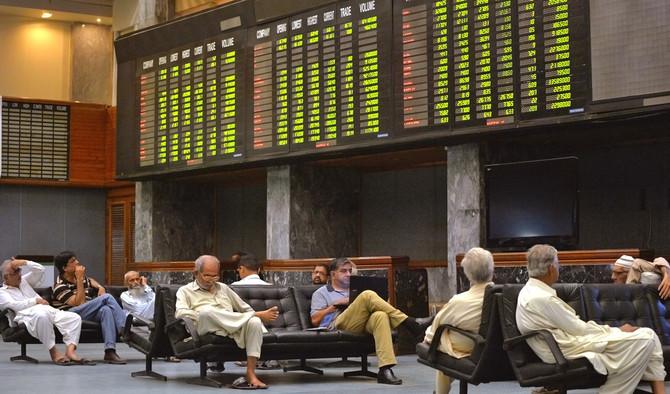The increase is mostly due to higher energy prices


Euro zone inflation hit a new record high in December, raising more questions about the European Central Bank’s monetary policy.
Preliminary data showed Friday that the headline inflation rate came in at 5% for the month, compared to the same month last year. The figure represents the highest ever on record and follows November’s all-time high of 4.9%.
The increase was mostly due to higher energy prices.
“After reaching 5.0% in December, headline euro-zone inflation should fall this year as the energy component plummets,” Capital Economics said in a note Friday.
Inflation has been in the spotlight after consecutive increases in recent months, with money managers debating whether the European Central Bank should be taking a more aggressive stance to combat rising prices.
The central bank said last month that it would be cutting its monthly asset purchases, but vowed to continue its unprecedented level of stimulus in 2022.
“Monetary accommodation is still needed for inflation to stabilize at the 2% inflation target over the medium term,” the ECB said at the time.
Its forecasts, updated in December, put headline inflation at 1.8% in both 2023 and 2024. It expects the rate to overshoot the bank’s target in 2022, however, coming in at 3.2%.
Economists argue that the pandemic and inflation are among the biggest risks for economic performance in 2022.
“If inflation were to spring further and persistent upside surprises, central banks might be forced to step on the brakes hard,” analysts at Berenberg said Friday in their global outlook for the new year.
They added that the ECB could prepare the ground for a first hike in the spring of 2023.
The euro was up 0.2% against the dollar to trade around $1.131 by mid-morning in Europe.
SOURCE: CNBC

Keep your home warm with the Google Nest Learning Thermostat, now only $230
- 19 hours ago

Gold prices surge in Pakistan, global markets
- 16 hours ago
Germany plans measures to combat harmful AI image manipulation
- 14 hours ago
Iconic Sultan Rahi's death anniversary observed today
- 17 hours ago
Trump cancels second wave of attacks on Venezuela after cooperation
- 16 hours ago
Health Ministry, Roche ink agreement to supply free cancer medicines
- 17 hours ago

TP-Link brings an AI assistant to its smart home and home networking apps
- 19 hours ago

MAHA’s latest offensive
- 2 hours ago

Universal Music signs a new AI deal with Nvidia
- 19 hours ago
Early wild card bets: How to bet Packers-Bears, Bills-Jaguars
- 3 hours ago
PM approves policy framework to reform gemstones sector
- 17 hours ago

How the Minnesota fraud scandal could upend American child care
- 2 hours ago








